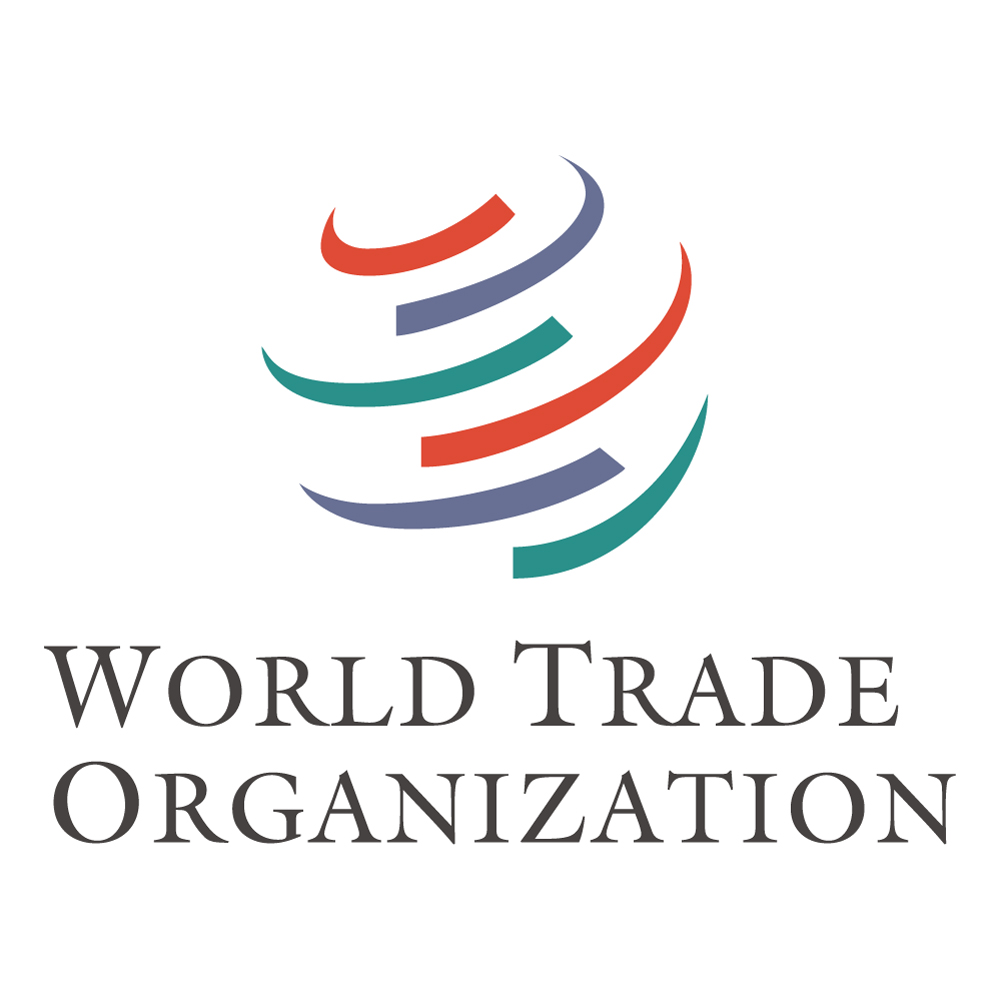This is the VOA Special English Program IN THE NEWS.
Members of the World Trade Organization ended six days of intense negotiations in Doha, Qatar, on Wednesday. Trade Ministers from about one-hundred-forty nations agreed to a new series of talks about lowering trade barriers. The group also admitted two new members — China and Taiwan.
The W-T-O ministers agreed to begin new talks next year about important trade issues. They agreed to negotiations about ending government price-supports of agricultural products over a period of time. They agreed to discuss the possible end of customs on industrial goods. They also agreed that developing nations have the right to import less costly copies of well known medicines to fight major diseases.
The head of the W-T-O said the negotiations were difficult because the members were dealing with very important issues of international trade policy. He said the members were willing to compromise to make the meeting a success. President Bush called the results in Doha a strong statement of hope for the world economy. Experts believe that agreement among the W-T-O members should improve world trade and help prevent a world-wide recession.
The W-T-O has more than one-hundred-forty member nations. These countries are responsible for more than ninety percent of the world’s trade. The main goal of the W-T-O is to keep world trade flowing as smoothly and freely as possible.
The World Trade Organization was established in Nineteen-Ninety-Five. It organizes trade negotiations and settles trade disputes. It supervises trade agreements reached by member nations. It also provides developing countries with technical assistance and training programs in trade issues. And, it cooperates with other international organizations.
The top decision-making group of the W-T-O is the Ministerial Conference. It meets at least once every two years in different cities around the world. W-T-O members reach agreements by debate and compromise.
At first the trade agreements among the countries dealt mainly with goods. However, W-T-O members later agreed on trade rules for the service industry. This industry includes banks, communications companies, hotels and transport businesses.
Not everyone approves of the work of World Trade Organization. Opponents of the organization say W-T-O policies help industrial nations and keep developing nations poor. In the last few years, there have been major demonstrations at meetings of the W-T-O, World Bank and other similar organizations. Some of the protests have been violent. However, only minor protests took place this week at the W-T-O meeting in Doha.
This VOA Special English program IN THE NEWS was written by Caty Weaver.
